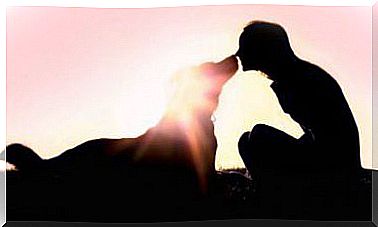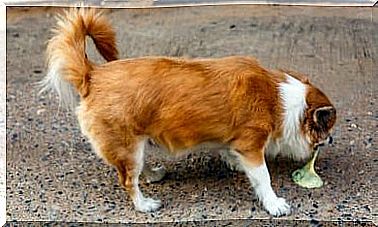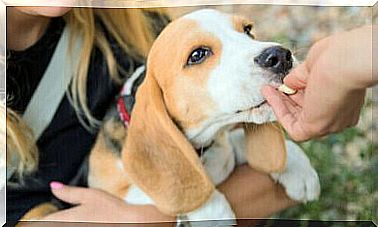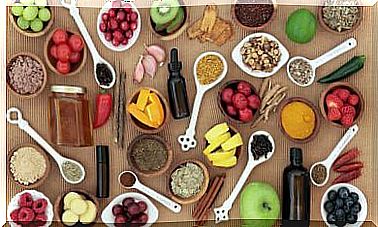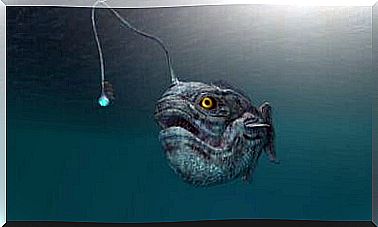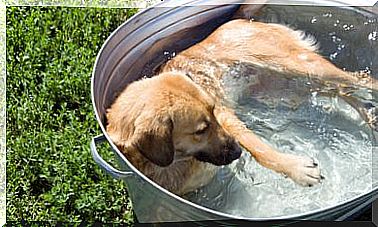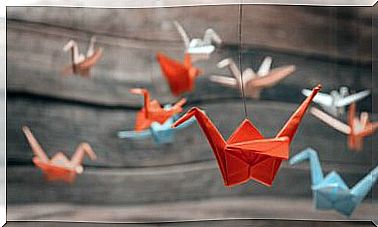109 Year Old Man Makes Little Pullovers To Help The Penguins
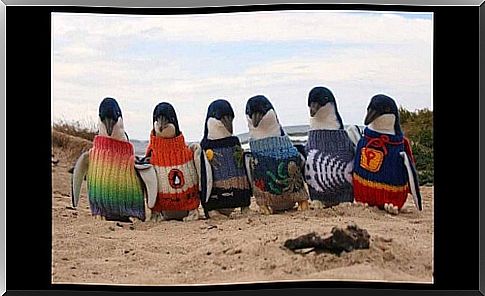
Alfred Date still does something very important in his 109 years of age. He is the oldest person in Australia and is fully aware of the plight of web-footed birds that have been affected by the oil spilled on Phillip Island. Alfred has the ability to make pullovers, and that’s what he’s been doing to help penguins.
a beautiful story
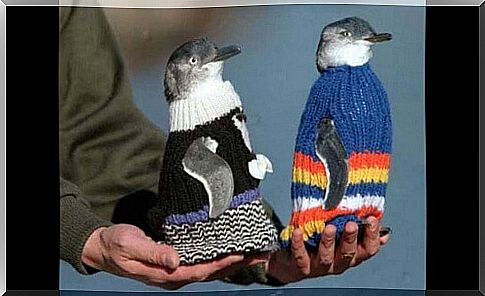
Source: peru.com
This story began in 2013, when the Phillip Island’s Peguins Foundation was looking for volunteers to help these small animals that live in New Zealand and are sick from oil spills in South Australia .
Alfred decided to collaborate in the way he knew how to do best. He had learned to weave in 1932, making a pullover for his newborn nephew, and saw the possibility of modifying the measurements of his creations to adapt them to web-footed birds. With age, Alfred’s hands lost their ability, but each object was perfect.
The pullovers needed by penguins
By the time the penguins affected by the oil spill reach the foundation, they are given a pullover so that the oil does not adhere to their feathers. In 2001, a total of 438 birds were affected by the oil spill on Phillip Island, where a colony with more than 32,000 penguins usually lives and thanks to their small costumes, about 97% of these birds were able to be rehabilitated in the support clinic. .
More people in the initiative
Alfred Date, who has 7 children and 20 grandchildren, was not the only person who collaborated on this initiative. Hundreds of people around the world followed him. As a result, the Phillip Island’s Penguins Foundation ended up being flooded with clothes and, in May 2014, the foundation had to ask the many volunteers to stop sending the clothes, as the surplus was already too large.
As usual, new ideas are always displeasing, and some experts have advised against this initiative, arguing that these objects can be very stressful to penguins, since they are wild animals that have had no interaction with humans.
It was even said that the clothing caused the spilled oil to stick even more to the skin. Also, the International Bird Rescue organization stated that the last thing that should be done “is to put something on the feathers of birds, because this causes the oil to stick to the skin causing penguins and other birds to heat up very quickly, and clothing further increases this risk”.
Despite these contrary opinions, reality and the data obtained in the project demonstrated the opposite regarding the usefulness of these costumes, as the lives of many of these small animals were saved.
At first, the concern for these almost 500 affected animals was great. It is a great satisfaction for the entire world to be able to say that the lives of practically all of them have been saved.
The damage that oil causes
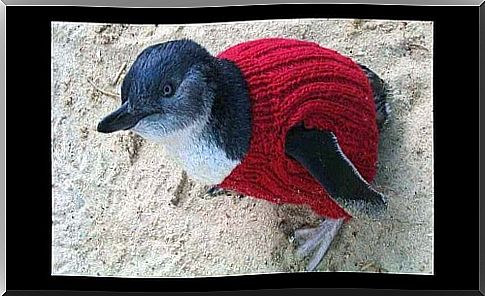
Source: peru.com
The effect of oil on penguins is to separate the feathers. This way, water can pass through it and their temperature drops, which makes the animal very heavy. So it is difficult for them to hunt for food, so that they starve to death. Also, when cleaning themselves with the beak, they ingest all kinds of toxic substances.
The pullover pattern for penguins was developed in such a way that it would not harm their plumage and that it would also not be possible for their fins and beak to get tangled up in them. The objects are made of pure wool, so seabirds can stay warm, but without the risk of getting too hot, and it is possible that the skin transpires well through this material.
Wool can also absorb some oil, so the amount of toxic substances that reach the penguins’ skin is much less.
The surplus of pullovers
The pullovers that were not suitable for rehabilitation were put on stuffed penguins, which were then put up for sale to raise funds. With the money obtained, different research and conservation projects for these birds will be developed. This intelligent use of resources generated an interesting monetary fund that will be used in new advances to favor the most needy animals.
